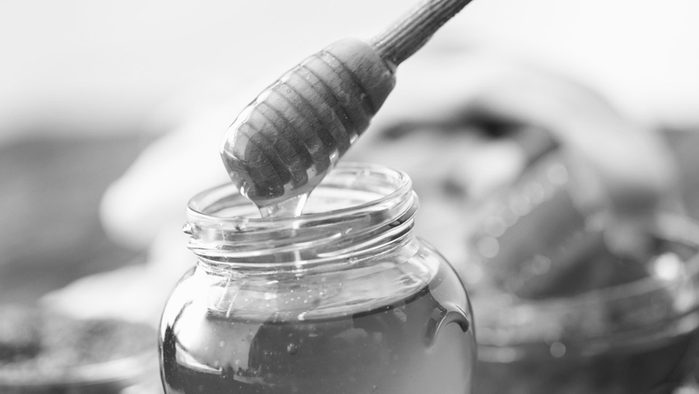
If you’re going to cut back on sugar, you might as well lay off the sweeteners, too
Those with a sweet tooth who are trying to cut back on sugar may have found hope in studies that tout the healing power of honey or the antioxidant benefits of maple syrup. Ignore them, says Andrea D’Ambrosio, a registered dietitian in Kitchener-Waterloo, ON.
“All sugar – whether it’s honey, maple syrup or molasses – provides energy in the form of calories but not a significant amount of other nutrients,” she says. “Sugar is sugar, so it’s best used in moderation, no matter what form it takes.”
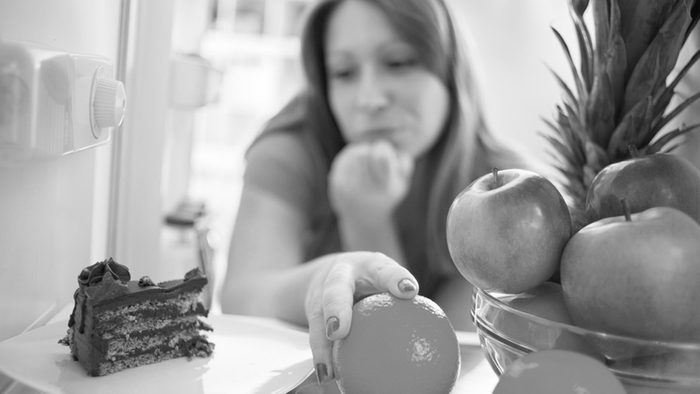
You might be addicted
Though some researchers quibble with the idea that sugar is addictive, studies have shown that the sweet stuff elevates levels of the neurotransmitter dopamine, which forms a key part of the brain’s reward and pleasure centres, in a way that’s remarkably similar to the effects of tobacco and morphine.
“There’s growing evidence that sugar leads to cravings and withdrawal, which are the hallmarks of addictive disorders,” says Laura A. Schmidt, a professor of health policy in the school of medicine at the University of California at San Francisco (UCSF). “You can see the effects on an MRI.”
Now, Australian researchers have discovered that drugs used to treat nicotine and cocaine addiction, such as varenicline, could be used to help so-called sugar addicts kick their habit as well.
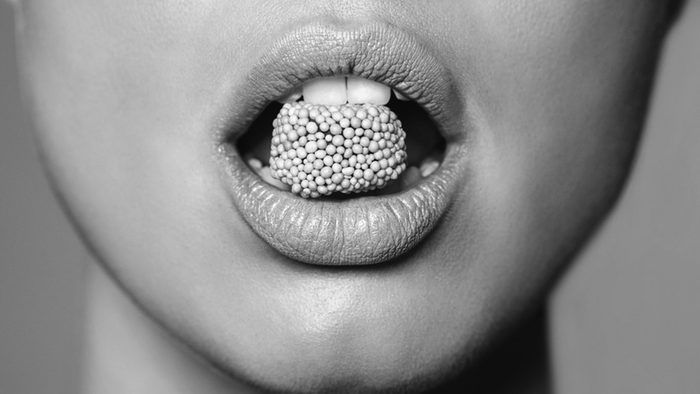
Sweet treats are bad for your teeth
As you sip a sweet coffee shop beverage, you are fueling bacteria. You see, bacteria that exist naturally in your mouth thrive on sugar, which provides them with energy. Those micro-organisms multiply, creating a film of plaque on the surface of your teeth.
The plaque produces an acid that dissolves the minerals that comprise the hard surface of your teeth. The longer plaque builds up, the worse the damage.
Tiny holes eventually appear and expand until they become cavities.

And it makes your gums bleed
Most kids grow up learning about the connection between candy and cavities. As it turns out, a high-sugar diet also inflames your gums and increases your risk of periodontal disease, according to a 2014 study in the American Journal of Clinical Nutrition. (Signs of periodontal disease include bad breath, bleeding gums and sensitive teeth.)
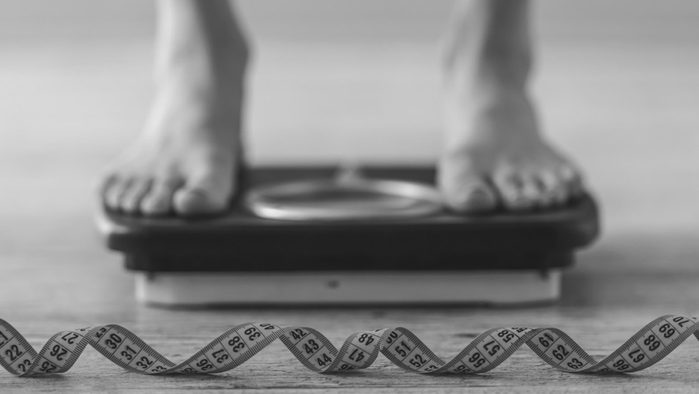
It’s bad for your BMI, so cut back on sugar
Using a combination of surveys and urine tests, researchers from the University of Reading, the University of Cambridge and Arizona State University studied the sugar intake of 1,700 men and women, aged 39 to 77, in Norfolk, U.K. After three years, they measured their body mass indexes (BMIs).
According to a study published in 2015, they discovered that those who ate the most sugar were 54 per cent more likely to be overweight (that is, have a BMI over 25) and were also more likely to have under-reported how much of the substance they consumed.
The scientists say this shows that traditional methods of using only self-reported diet questionnaires to estimate sugar intake may be inherently flawed.
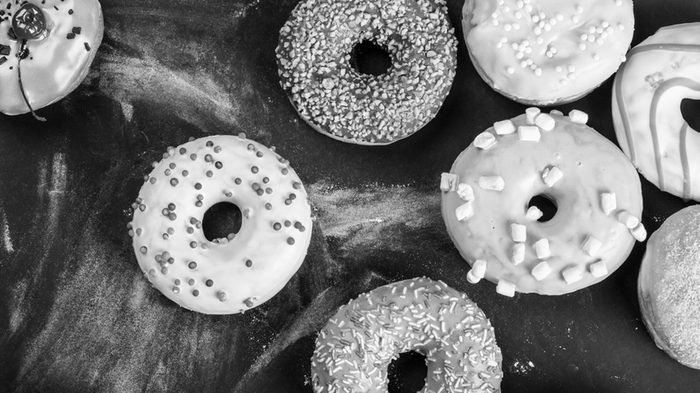
It hurts your heart
Researchers at Harvard University studied thousands of American adults over the course of 15 years. They found that those who consumed 25 per cent or more of their daily calories from sugar were more than twice as likely to die from heart disease as those whose diets included less than 10 per cent of added sugar a day. The biggest sugar offenders were sugar-sweetened beverages, grain-based desserts, fruit drinks and dairy desserts.
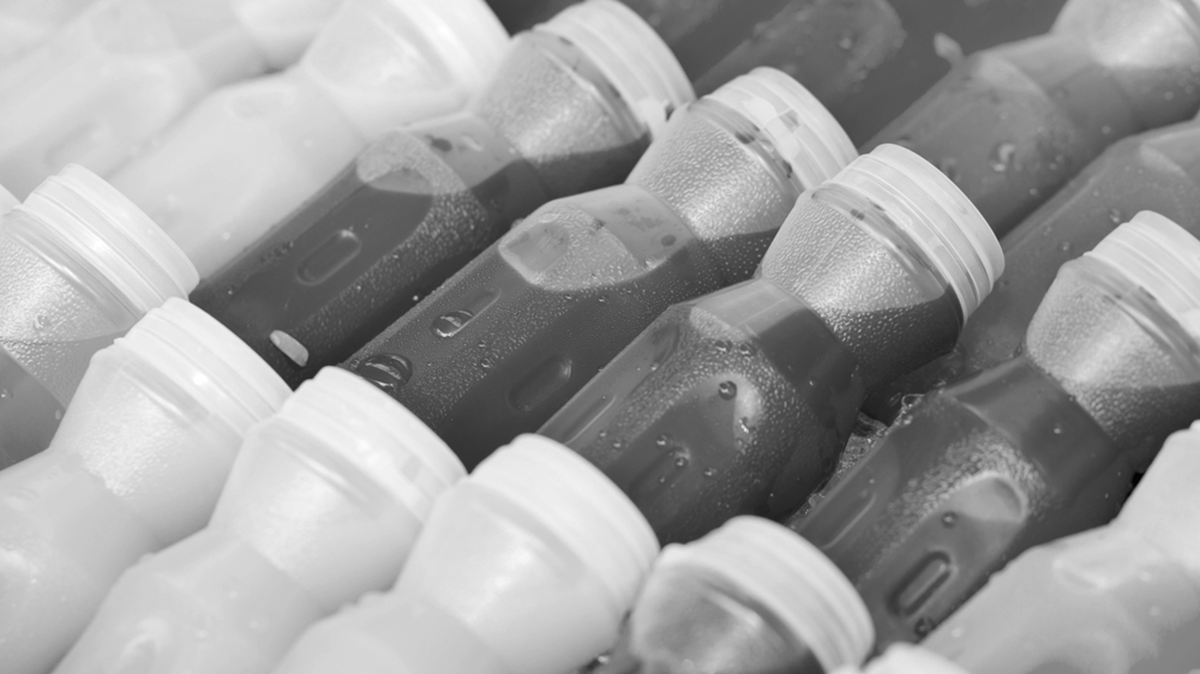
Beware you may be eating incognito sugar
Here are 10 sneaky pseudonyms manufacturers use to fool you into thinking their food isn’t packed with the sweet stuff:
• Amazake
• Carob Powder
• Corn Syrup
• Dextrose
• Evaporated Cane Juice
• Fructose
• Fruit Juice Concentrate
• High-Fructose Corn Syrup
• Honey
• Maltose

Sugar is as bad for your liver as alcohol is
Unlike other forms of sugar, fructose, which occurs naturally in fruit, is processed in the liver. Not only are we consuming too much of it, thanks to our penchant for foods with added sweeteners, but it’s leading to a rise in non-alcoholic fatty liver disease (NAFLD).
One visible red flag: A sugar belly (think: beer belly). Why? The liver breaks down excess fructose into fat globules that travel through the bloodstream and lodge around your midsection and internal organs.
And, like the liver damage caused by alcohol, NAFLD causes inflammation and scarring. “It is one of the leading causes of liver transplants,” says Schmidt.

Experts worry sugar will kill you sooner
Schmidt is worried about all the bad things sugar is doing to our bodies, which is how she became lead investigator for UCSF’s SugarScience research site, developed as an “authoritative source for the scientific evidence about sugar and its impact on health.” Here, she explains some of her concerns.
With all the negative health news about sugar, should we switch to something else?
The evidence is stacking up against saccharine, sucralose and aspartame. Some research shows artificial sweeteners damage the microbiome in the gut. They’re also associated with weight gain and glucose intolerance – the two things people use them to prevent. Based on what we know, I wouldn’t consume these products – or give them to my kids.
How do you keep added sugar from seeping into your own diet?
I just don’t have it around the house. Take all that stuff out of your environment. Once you start cutting back, you’ll lose your sweet tooth. It’s a palate phenomenon, and it doesn’t take long. You’ll notice that you can suddenly taste the natural sweetness in unprocessed food, and you’ll start to find processed products cloying and unpleasant.
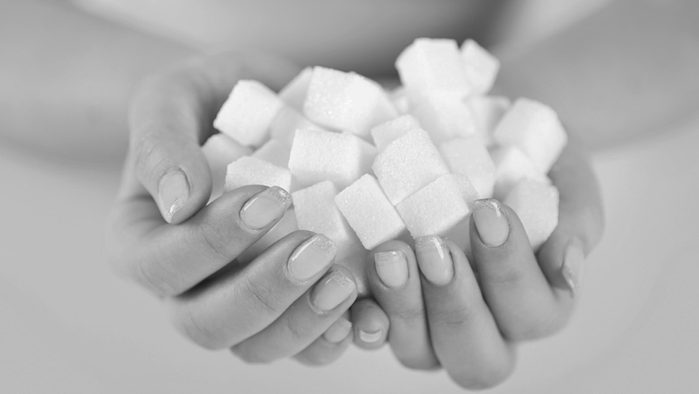
We’re consuming way more sugar than we think
The amount of added sugar that the average Canadian eats in a year – without realizing it. The Heart and Stroke Foundation of Canada recommends that sugar comprise only 10 per cent of an adult’s daily calories.
Each of us should be consuming only 48 grams – slightly more than a bag of Skittles – of added sugar per day, rather than the 100 grams (nearly 2 1/2 bags of Skittles) we currently ingest.
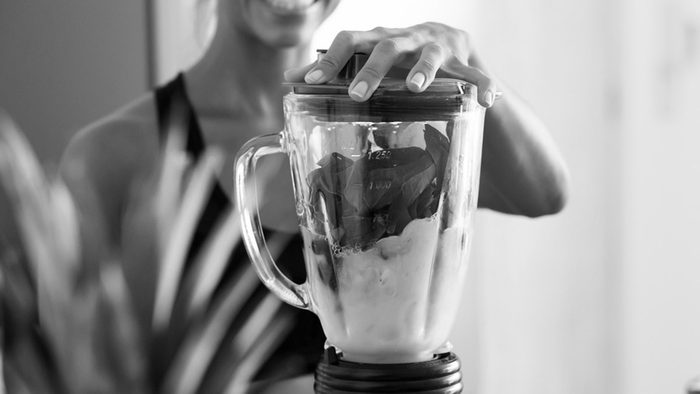
Stealthy sugar stowaways in snacks
These five convenience foods may appear to be healthier choices, but they often contain startlingly large amounts of the sweet stuff. Instead, consider homemade alternatives to cut back on sugar intake.
Cut back on sugar with smoothies
On average, a medium (16-ounce) store-bought smoothie can add between 30 and 80 grams of sugar to your day.
Make your own with non-fat milk, half a banana, frozen berries and a sprinkle of omega-3-rich flaxseeds, and add a drop of vanilla extract to bring out the natural sweetness of the milk.
Cut back on sugar with oatmeal
Flavoured oatmeal packets may seem like a healthy strategy for busy mornings, but they can contain as much as 12 grams of sugar per serving. (Heaping a tablespoon of brown sugar on top adds an extra 12 grams.)
Instead, take the 10 minutes required to cook your own quick oats and add a 1/4 cup (50 mL) diced apple and a dash of cinnamon.
Cut back on sugar with yogurt
A small (4-ounce) serving of fruit-flavoured yogurt can contain up to 13 grams of sugar. If you top it with 1/4 cup (50 mL) store-bought granola, you’re downing another six grams.
Reach for plain Greek yogurt and add your own fresh fruit and nuts. Greek yogurt offers more protein than the fruity varieties and only one-third of the sugar per 1/2 (100 ML) cup serving.
Cut back on sugar with salad dressing
Grabbing a salad for lunch may seem like a savvy dietary choice, but it’s important to know that some bottled dressings, such as French and raspberry vinaigrette, often have four or more grams of sugar per 2 tbsp (25 mL) serving.
Opt for a light drizzle of oil and vinegar on your salad instead.
Cut back on sugar with trail mix
Conventional wisdom suggests stashing trail mix in your car for a healthy snack on the go, but 1/4 cup (50 mL) of a commercial variety can contain 16 or more grams of sugar.
Make your own mix and go heavy on the protein-rich nuts and seeds and lighter on the dried fruit (and mix the chocolate chips altogether).

We’re still drinking too much liquid sugar
Good news: We’re drinking less pop than we were a decade ago. Bad news: We’ve replaced it with options like sports drinks and syrupy coffees, says Amanda Nash, a dietitian with the Heart and Stroke Foundation in Winnipeg.
A 2017 report from the University of Waterloo found sales of energy drinks increased by 638 per cent (!) in the past 12 years, while sales of specialty coffees increased by 579 per cent.
Energy drinks contain 84 grams of sugar, sports drinks contain about 40 grams, and your average flavoured latte comes in at around 36 grams.
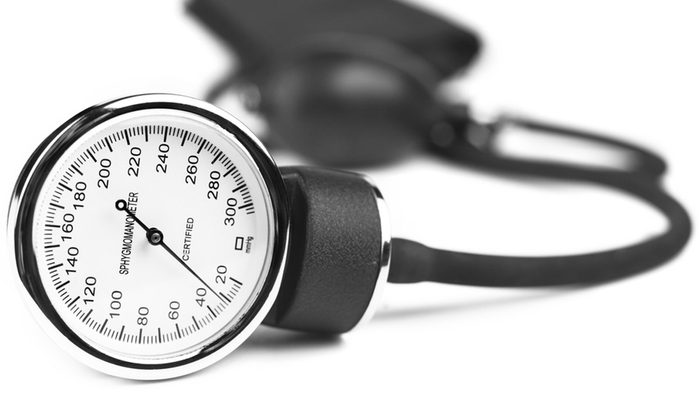
Cut back on sugar, it’s worse than salt for hypertension
Normal blood pressure falls between 90/60 and 120/80. According to a study published in the Journal of the American Society of Nephrology in 2010, a high-fructose diet can push your blood pressure over the threshold of 120/80, which is considered the upper end of normal.
In a 2014, research review published in the BMJ Open Heart, medical experts argued that your sugar intake may have the most dramatic effect on modulating blood pressure – and, in fact, could be more detrimental to heart health than sodium consumption.

Sugar can make you sad
Ending a bad day with a bowl of Ben & Jerry’s might seem like a good idea, but it could actually make you feel worse in the long run.
In 2015, researchers at Columbia University Medical Center found that postmenopausal women who ate a diet high in added sugars and refined grains were at an increased risk of new-onset depression, while the risk decreased in those who ate more dietary fibre, whole grains, vegetables and unprocessed fruits.
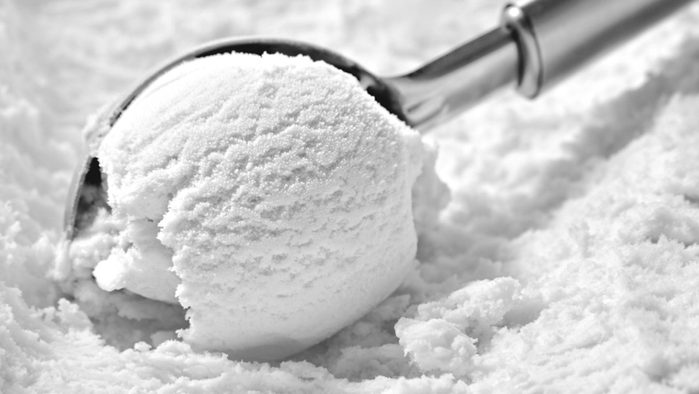
The grocery store is a sugar minefield
The proportion of packaged foods that contain added sugars (66 per cent), according to a Canadian Medical Association Journal study from 2016, which analyzed more than 40,000 items on the shelves of one of the nation’s biggest retailers.
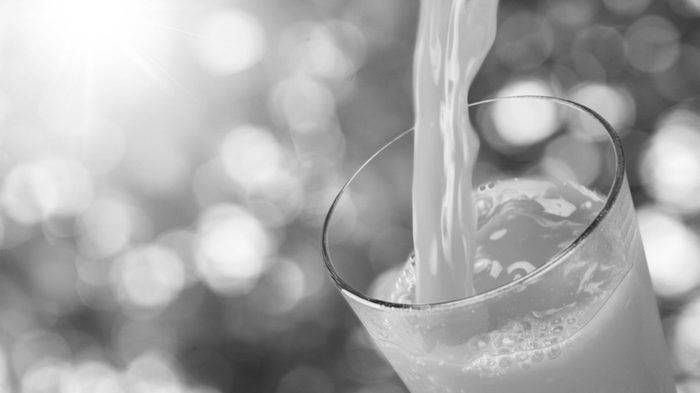
“No sugar added” doesn’t mean “healthy”
“100% juice” on a label doesn’t mean you should chug with abandon, says Nash. Even if the beverage doesn’t contain added sweeteners, its naturally occurring sugars are much more concentrated than you’d ever find in a piece of fruit.
And, unlike a whole apple or orange, which is high in fibre, juice offers empty calories and is of minimal nutritional value.
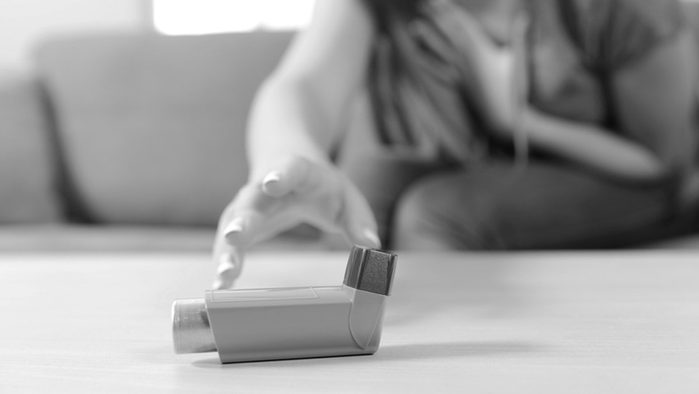
Sugar takes your breath away
Having trouble breathing? Well, if you cut back on sugar you may just find your breathing will improve! Scientists have long suspected that there’s a link between sugar-sweetened beverages (sodas, juices, sweet teas and sports drinks) and asthma.
After analyzing data from 146,990 adults in the U.S., they found that, sure enough, adults who downed at least two of these drinks a day were more likely to have respiratory issues.

It’s wreaking havoc on kids’ health
Did you know that 172 grams is the amount of total sugar consumed by Canadian teenage boys each day? That is according to data from the Canadian Community Health Survey.
The leading culprit among kids aged nine to 18? The added sugars in pop.
Excess sugar is linked to weight gain, type 2 diabetes, cavities and high cholesterol in children, while obesity rates for children and youth have nearly tripled in the past 30 years, according to the Government of Canada.

Sugar may keep you up at night
It’s simple – cut back on sugar to avoid a restless nights sleep. A 2016 study in the Journal of Clinical Sleep Medicine shows eating more sugar (along with less fibre and more saturated fat) is associated with having lighter, less restorative and more disrupted sleep.
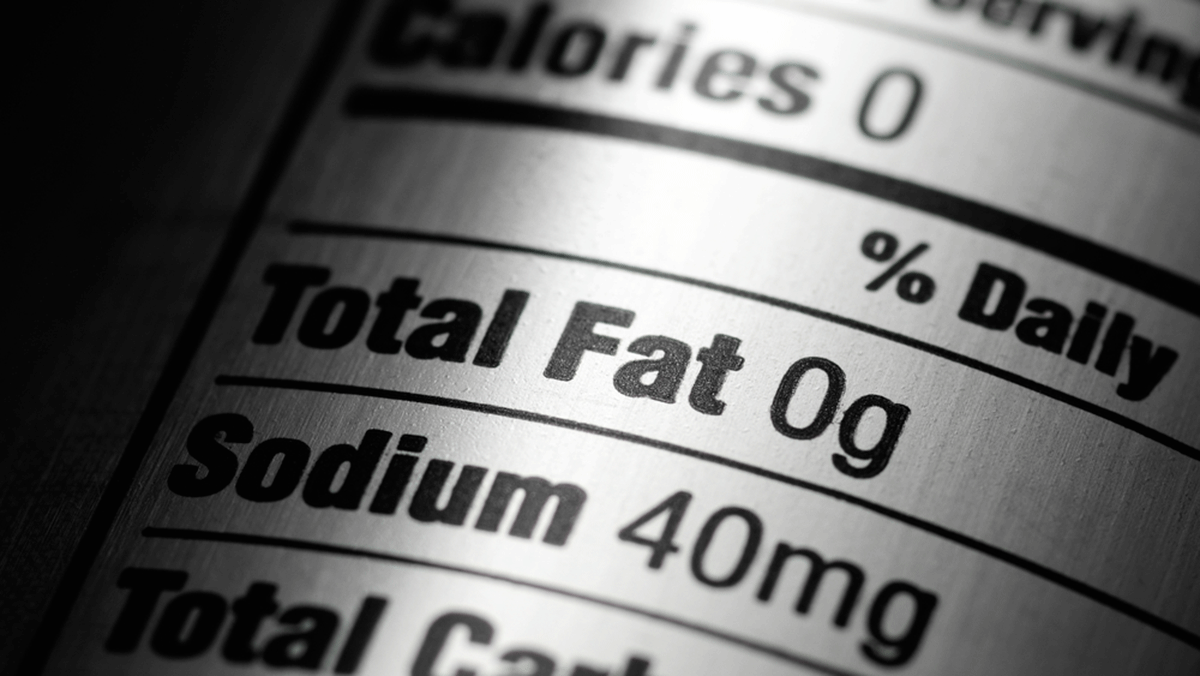
Food labels can hide sugar content
Finally, the long-awaited revised nutrition labels for packaged foods are coming to a shelf near you. Looking to cut back on sugar intake? They will be on everything from crackers to corn flakes by the end of this year.
What’ s changed:
You no longer need to hunt to find all the sugars in the ingredient list, as they’ll be grouped together (which will probably bump sugar to the top most of the time). There’s also a new percent daily value (DV) for total sugars (five percent of your DV is a little; 15 percent is significant).
What’ s missing:
The label doesn’t differentiate between added sugars and naturally occurring sugars, so you still need to dig around in the ingredient list to know for sure.
Helpful tip: 4 grams of sugar = 1 teaspoon.
A can of Coke contains 40 grams of sugar, which is equivalent to 10 teaspoons.

Excess sugar is linked to dementia
In February 2017, researchers at the University of Bath found a molecular link between sugary diets and early Alzheimer’s. The scientists discovered that glycation – a reaction through which glucose affects cells – damages an important enzyme that’s involved in the reduction of abnormal protein buildup in the brain, which is characteristic of the disease.
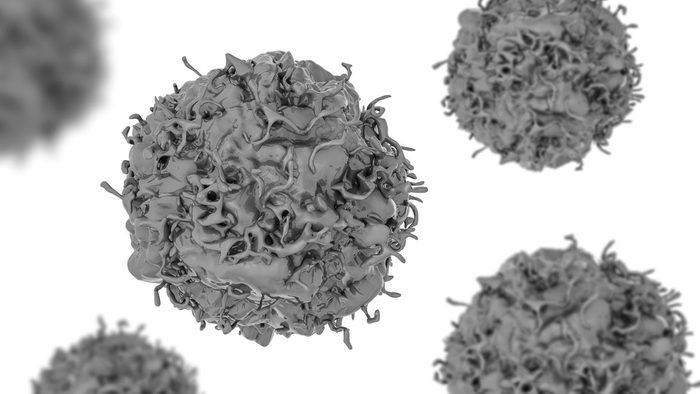
Cancer cells are sugar fiends
Our bodies gobble up the sweet stuff for energy, and so do cancer cells. New research from the University of Texas at Dallas shows a strong link between sugar and squamous cell carcinoma, a variant that’s particularly difficult to treat and accounts for one quarter of all lung cancers.
The same study found that four other types of squamous cell cancer – head, neck, esophageal and cervical – also consume a lot of sugar.
The scientists involved are now conducting a related study to see whether sugar-restricted diets might slow the progression of these forms of cancer.
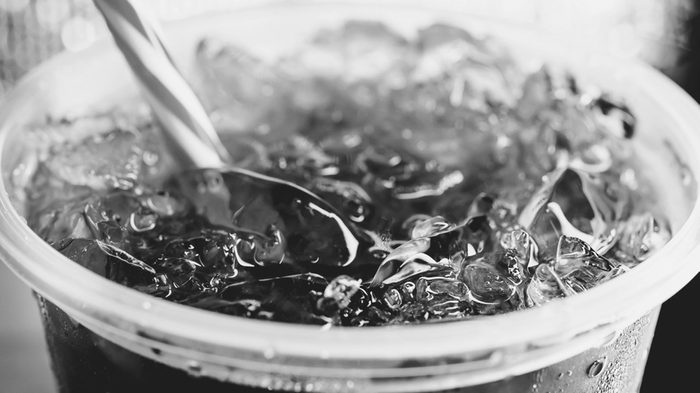
Soda is as bad for your body as cigarettes
The number of additional years you age if you drink a 20-ounce sugary beverage every day: 4.6 years. The effect is comparable to that of a regular smoker.
Researchers at UCSF found that telomeres – the protective pieces of DNA on the ends of your chromosomes that prevent them from fraying – were shorter in the white blood cells of people who drank more soda. The length of your telomeres is linked to your lifespan.

Sugar doesn’t make kids hyper – it’s much worse than that
A meta-analysis in the Journal of the American Medical Association found that sugar does not affect children’s behaviour. “It may simply be the environment where certain food is being served, such as birthday parties, that causes children to be more excitable,” says D’Ambrosio.
But it does spike blood pressure and cholesterol – even in youngsters.
One 2016 study in the journal Obesity showed that, even without cutting calories, reducing subjects’ sugar consumption for just nine days led to immediate improvements in those areas, as well as blood sugar levels.
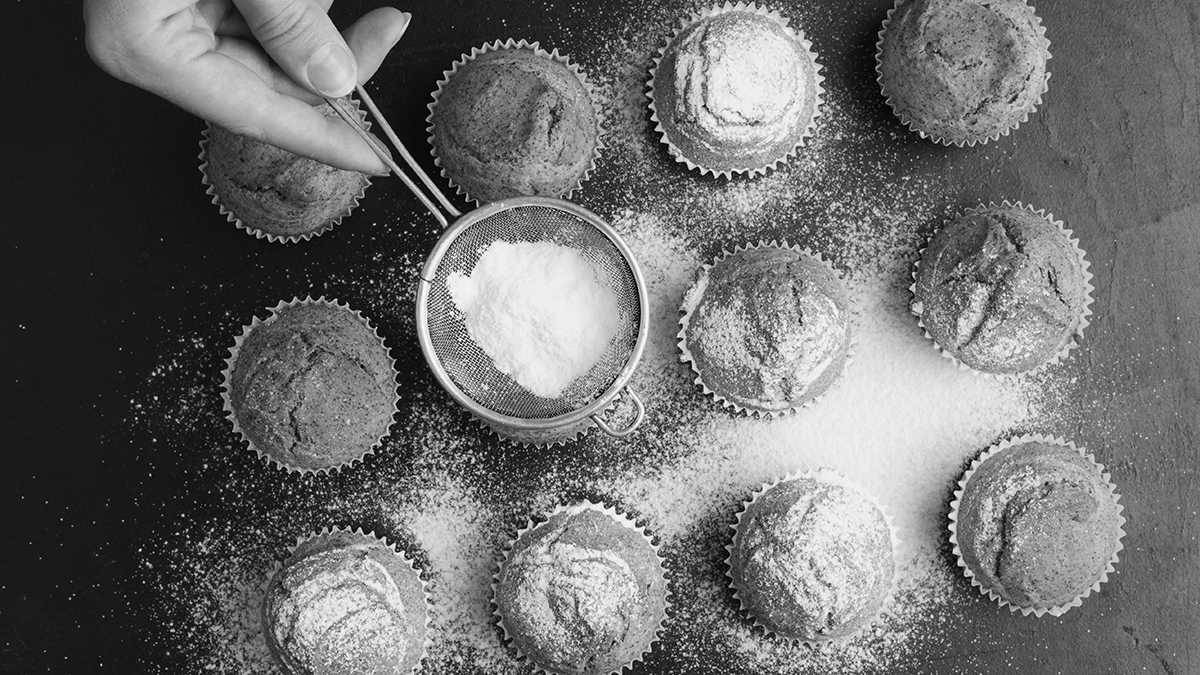
Sugar messes with your cholesterol
A 2010 study in Journal of the American Medical Association has some surprising results. It followed 8,495 Americans over the age of 18 and found that as subjects’ added-sugar intake went up, their levels of HDL (good cholesterol) dropped. And that increased their risk of cardiovascular disease. The study also found that women in particular who ate more added sugar had higher levels of LDL (bad cholesterol).
